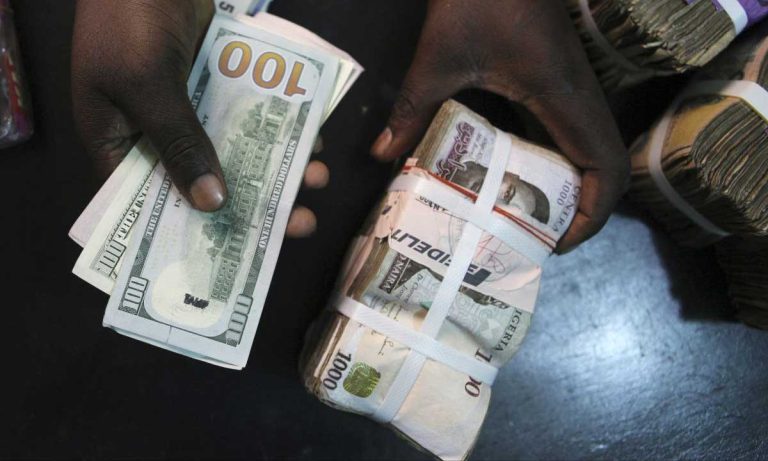The Economic and Financial Crimes Commission has instituted a further crackdown on currency speculators and cryptocurrency platforms manipulating the naira, Sunday PUNCH has learnt.
Impeccable sources within the commission said the EFCC was not only going after Binance but every cryptocurrency platform and others involved in the manipulation of the Nigerian foreign exchange market.
A source said, “The EFCC is going after all currency speculators to stabilise Nigerian forex.”
Another source noted, “The commission is not only going after Binance but other cryptocurrency compliance and exchanges, this has been helping in stabilising the market.”
Reacting to the development when contacted, the spokesperson for the EFCC, Dele Oyewale, said the commission was doing everything lawful to ensure sanity within the country’s forex market.
“The commission is doing everything within the ambit of the law to ensure that there’s sanity in Nigerian the foreign exchange market,” he said.
Meanwhile, some foreign exchange market analysts have stated that the dollar rose slightly against the naira between Wednesday and Friday due to interbank moves of the commercial banks.
A money market analyst, Agba Akin, had on Friday posted a snapshot of the P2P trading platform on X, saying, “Since Wednesday, the dollar has started increasing again at BDC, here is why. The emergency lovers of Binance are back speculating on other P2P apps.
“They’ll keep adding N50 every day until they take it back to 2,500 which was their initial plan, and recoup their loss. CBN, act now.”
Reacting, a BDC operator identified as Yasir Arafat Jubriloil_shaeikh said, “The problem with speculative manipulation is even if CBN keeps bidding dollars to BDC at a low rate, the prevailing speculated rate will lord over the market and you’ll be forced to sell at that price to keep afloat. CBN must crack down on all speculative platforms.
“They don’t know anything; if we talk, they’ll say we are aboki BDC behind Nigeria’s problem. Over 40 years that BDC has been operating, we never manipulated the naira by adding 50 to N100 a day till P2P ojukokoro boys came with their lack of fear of God.”
Speaking with Sunday PUNCH, the Adhoc Committee Chairman of the Association of Bureaux De Change Operators of Nigeria, Almustapha Muhammed, said while it was true that the dollar gained during the week, the BDCs were not behind the currency gaining as it resulted from certain moves of the commercial banks.
He said, “Some people just want to put it at the BDCs. Actually what happened was that the dollar rose from the interbank rates and not from the BDCs. BDCs are parallel markets, while the banks are connected with the Federal Government’s official rate.
“CBN is giving us dollars at N1,101, but some commercial banks are doing interbank conversions. They convert from their accounts – domiciliary accounts and naira accounts. But the parallel markets are doing lower than the Federal Government.”
Speaking further, he said, “Last week, the CBN gave the dollar at N1,101, but the parallel market sold at N950. That was what even made some BDCs not bid for a collection of dollars at CBN, because when you collect that dollar from CBN, automatically you run at a loss because we sell at N950. Unfortunately for the dollar, banks are now doing their interbank.
“That was what made people rush into the parallel market and buy it (the currency) at the lower rate and then deposit it in the commercial banks, automatically making N20, N40, N60 gains, because when you deposit your dollar into your domiciliary account and ask for its conversion into naira, automatically, you are making that difference. That is exactly what happened.”
In his reaction, an economist identified as Opeoluwa on X said, “On this issue, I reached out to a source in the relevant security agency on this matter. I was reliably informed that it has been flagged as ‘imminent danger’ and it’s being looked into.
“I am told that they (the security agency) may have to extend their hands to them, just like they did to Binance.”
When our correspondent contacted the Head of Strategic Communication at the Office of the National Security Adviser, Zakari Mijinyawa, he did not pick up calls.
